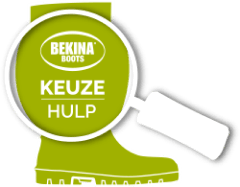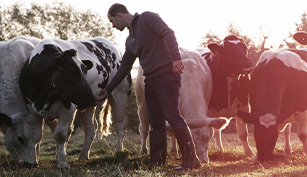true
Geen idee welke laars voor u de beste keuze is? Tekst tekst tekst Maak gebruik van onze boot advisor

Related Topics
 Agriculture
Agriculture
Dominique Has Been Wearing Our Farming Work Boots for 10 Years! Read His Review Here.
1 August 2022
- 3 min. reading time
Farmer Dominique Van Simaeys also confirms in this review that Bekina Boots farming work boots...
Read more
 Agriculture
Agriculture
Looking for Rubber Farming Boots with a Steel Toe? Try Bekina work boots
6 March 2023
- 2 min. reading time
Whether you are working in a milking parlor among the cows or driving a machine in the field all...
Read more
 Agriculture
Agriculture
NEOTANE Farming Boots: Best Alternative to Rubber Boots
30 June 2025
- 1 min. reading time
The best agricultural rubber boots are strong, safe, comfortable, and durable. As a farmer, you...
Read more




/overview%20image.jpg)